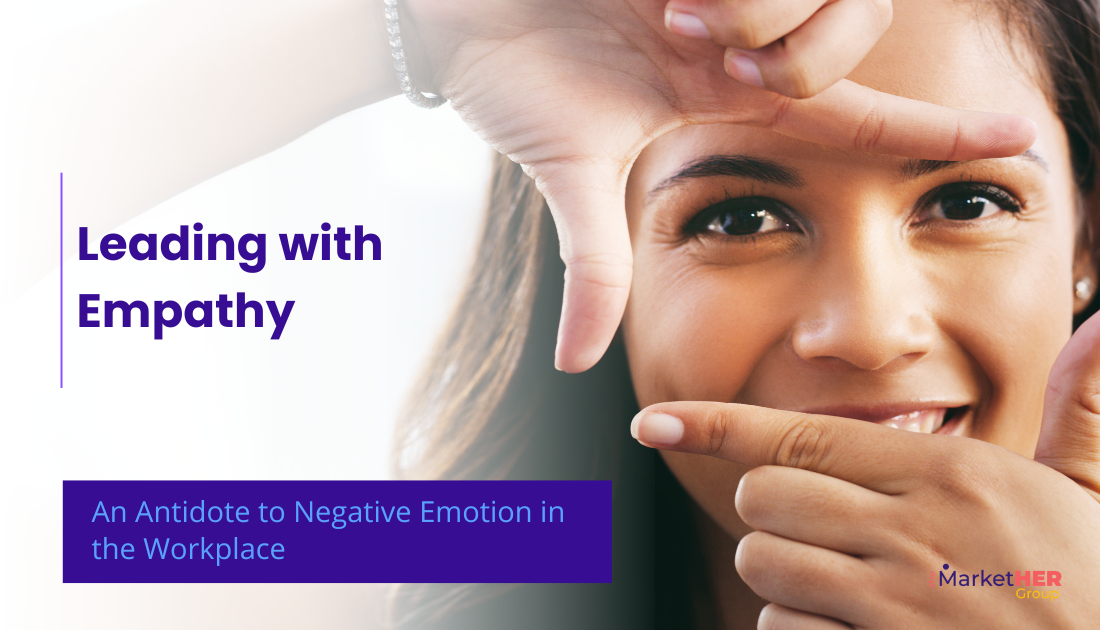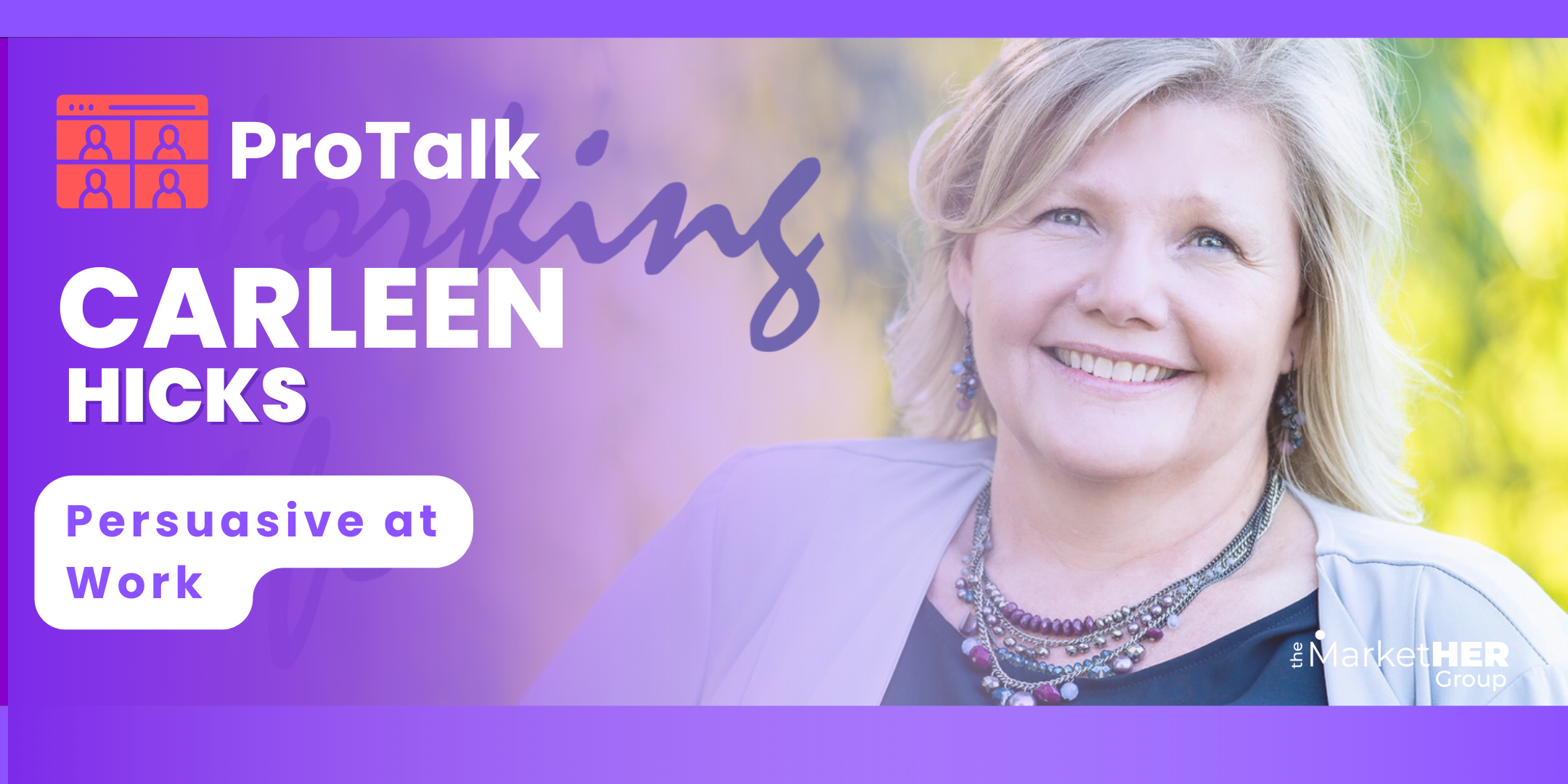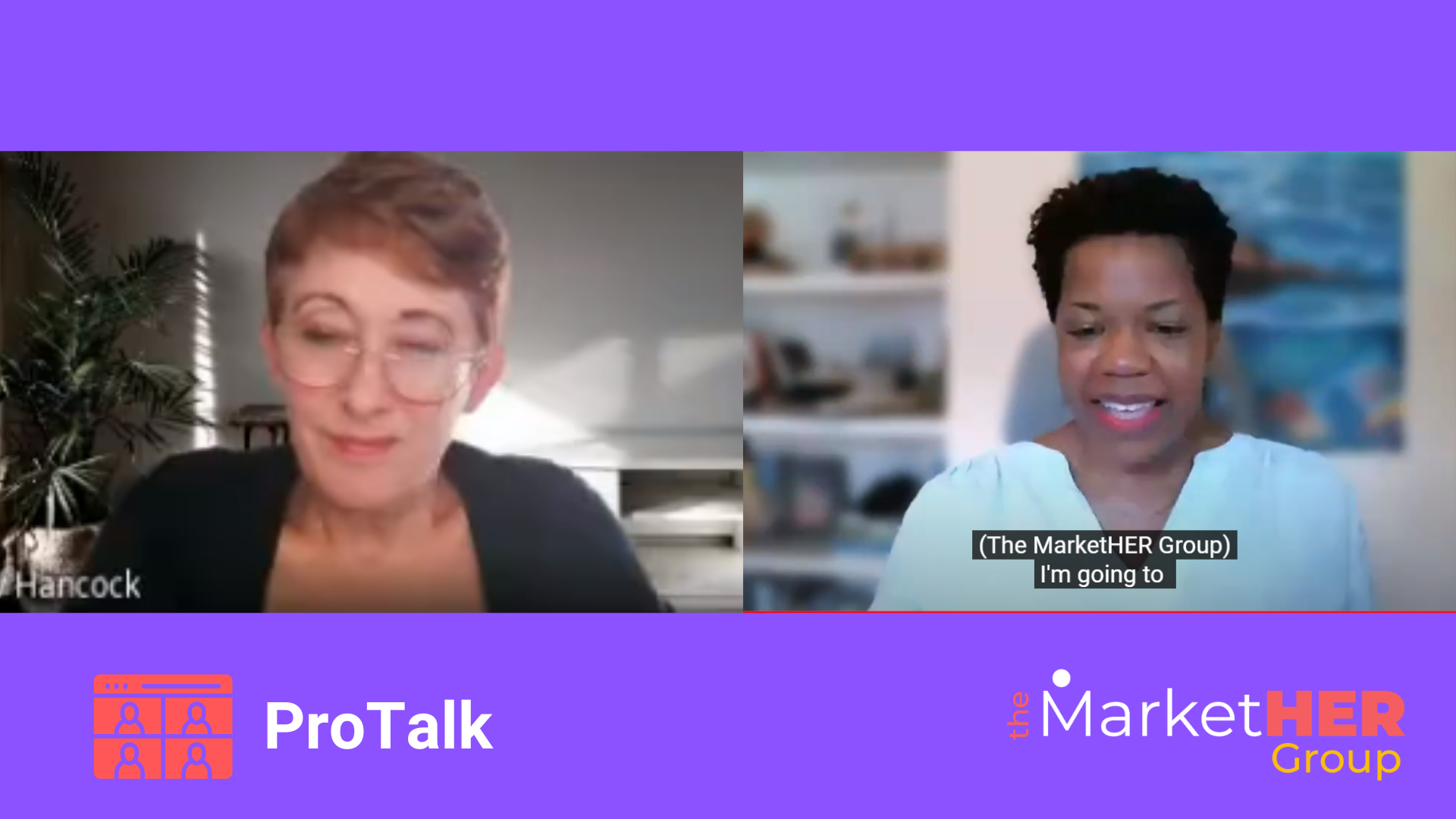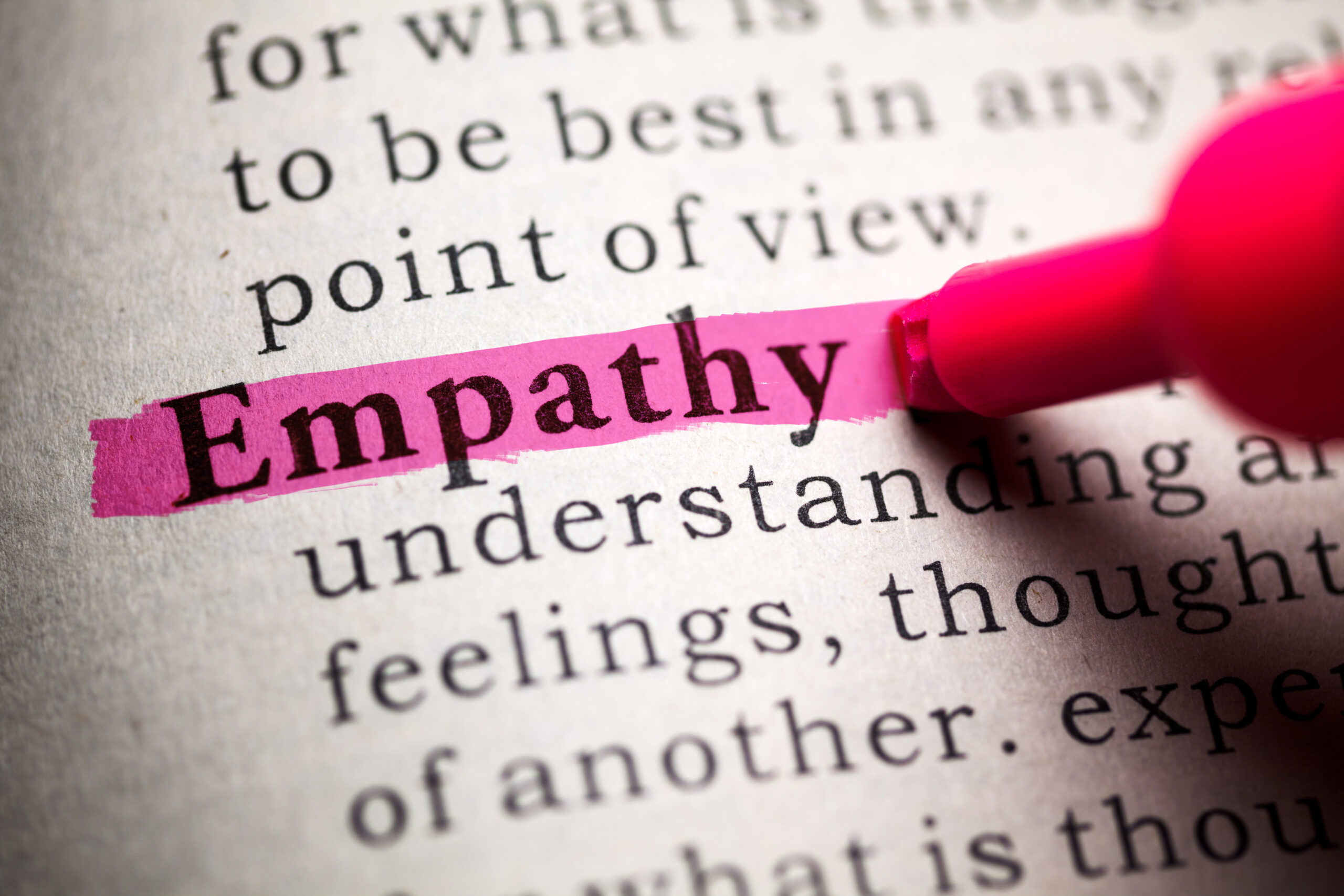
Leading with Empathy: An Antidote to Negative Emotion in the Workplace
In the ever-evolving field of marketing, women are making remarkable strides, driving innovation, and leading teams with unparalleled compassion. Yet, studies reveal unconscious gender and racial biases persist in the workplace, creating obstacles hindering progress and women’s professional growth. But what if we could rewrite this narrative? What if you had the power to overcome these challenges and reshape the industry itself? What do you think holds the key? What if reframing our thinking and embracing empathy could catalyze change? By harnessing these transformative approaches, we can fearlessly navigate the treacherous waters of bias, unleash our unique strengths, and forge a more inclusive future for our industry.
Unconscious biases dwell within us all, silently shaping our perceptions, decisions, and actions yet often eluding our conscious awareness. It’s time to expose their secrets and pave the way for true equity.
Wisdom from Charity Youngblood – Charity Youngblood, a seasoned marketer and host of the “Life’s Questions & Lessons” podcast, shares her insights on overcoming challenging scenarios. Ever faced male colleagues dismissing your ideas only to repeat them as their own? Charity offers empowering advice that you have the power to reshape the narrative.
You Have the Power to Affect Change
Reframing involves consciously challenging and changing our thoughts and perspectives. When faced with biases, it is crucial to reframe negative comments and behavior into positive learning experiences. Instead of internalizing biases and responding with fight, flight, or freeze, view them as a reflection of others’ internal turmoil.
Reframing empowers us to take control of their narratives and maintain a positive outlook, fueling resilience and determination. Our colleague may be somehow threatened or offended by us or have an unconscious bias. It takes us choosing to reframe our emotional response to another person’s inner turmoil into one of empathy and compassion. Doing this helps create a learning experience that promotes trust, improved communication, and productive collaboration.
So how should we respond when a coworker speaks or acts in a way that makes us feel disrespected, marginalized, or underestimated?
The Filtered Response
Take a Breath
Responding out of anger or hurt feelings won’t help the situation.
Ask yourself:
- Might I have done anything to offend this person? If so, figure out what steps on their toes and tries to avoid repeating that offense.
- If this person has an issue with me, it’s likely not about me, and it doesn’t mean they are toxic. They are likely dealing with something internally that has nothing today with me.
- Remember that anyone can be emotionally or mentally fragile at any given point.
Guidance from Scriptures
Do not be easily offended – 1 Cor. 13:5
Kill them with kindness – Prov. 25:21, 22
Do your best to promote peace – Romans 12:18
Do not judge – Matt. 7:1-5
Embracing Your Strengths
An effective strategy for overcoming biases is to focus on personal strengths and achievements. By recognizing and embracing your unique abilities, you can build confidence and defy stereotypes. Celebrate your accomplishments, and don’t shy away from self-promotion. Share your ideas and expertise, and actively seek out opportunities to showcase your skills. Emphasizing your value in the workplace will create an environment where biases are challenged and diversity is celebrated.
New Lens: Empathetic Leadership
Refrain from judgment. We all have faults. We all have bad days. We all have some unconscious biases. And we all have, at some point, offended others. By actively listening to our colleagues and seeking to understand their perspectives and experiences, we can open the way to ongoing conversations that build trust and mutual respect.
A New Lens: Empathetic Leadership
Refrain from judgment. We all have faults. We all have bad days. We all have some unconscious biases. And we all have, at some point, offended others. By actively listening to our colleagues and seeking to understand their perspectives and experiences, we can open the way to ongoing conversations that build trust and mutual respect.
Embracing Your Strengths
An effective strategy for overcoming biases is to focus on personal strengths and achievements. By recognizing and embracing their unique abilities, women in marketing can build confidence and defy stereotypes. Celebrate your accomplishments, and don’t shy away from self-promotion. Share your ideas and expertise, and actively seek out opportunities to showcase your skills. Emphasizing your value in the workplace will create an environment where biases are challenged, and diversity is celebrated.
Lean Into Mentorship
The MarketHER Group’s Leadership Circles and SheSuite mentorship programs are excellent ways to learn from the experiences of others and gain insight and support to help you cope with workplace challenges and future goals.
Continued Growth:
Learn more about coping with unconscious biases and building better relationships in the workplace from MarketHER ProTalks and SheSpeaks video series.

Persuasive at Work: Three Communication Strategies to Make you More Influential
Career coach Carleen Hicks shares insight on navigating difficult conversations at work.

Leading through Empathetic Conversation
Conversational Leadership Strategist and Interactive Global Speaker Bev Handcock discusses empathy as an effective method of coping with unconscious bias and building trust in the workplace.


